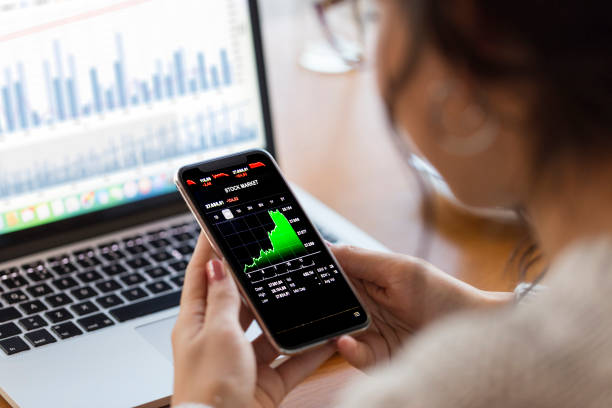The stock market is a dynamic and complex entity that can often feel overwhelming to both new and experienced investors. One of the key indicators of market health and economic performance in the United States is the Dow Jones Industrial Average, commonly referred to as the Dow. In this article, we will explore the concept of the live stock market dow, specifically focusing on the Dow, how it functions, its significance, and the factors influencing its movements.
What is the Dow Jones Industrial Average?
The Dow Jones Industrial Average is one of the oldest and most widely recognized stock market indices in the world, established in 1896 by Charles Dow. Initially, it comprised just 12 companies, but over the years, it has expanded to include 30 significant publicly traded companies. These companies are leaders in their respective industries, providing a snapshot of the overall performance of the stock market and the economy.
The Dow is a price-weighted index, which means that the stocks of companies with higher share prices have a greater influence on the index’s value than those with lower share prices. This method of calculation can sometimes lead to volatility, particularly when high-priced stocks experience significant fluctuations.
Live Stock Market and the Dow
When we refer to the live stock market, we are talking about real-time trading and pricing of stocks. Investors can track the movements of the Dow and other indices throughout the trading day via financial news channels, trading platforms, and financial websites. The Dow is often seen as a bellwether for the U.S. economy; when it rises, it is generally interpreted as a sign of economic health, while a falling Dow can indicate economic downturns or uncertainties.
How the Dow is Tracked Live
Investors can access live updates on the Dow through various platforms. Major financial news websites and applications provide streaming data that reflects real-time changes in the index. This information is crucial for traders looking to make informed decisions based on current market conditions. Some of the popular platforms that offer live tracking of the Dow include Bloomberg, CNBC, and Yahoo Finance.
Significance of the Dow in the Stock Market
The Dow serves multiple purposes in the stock market:
Economic Indicator: As a leading indicator of economic performance, the Dow reflects investor sentiment and expectations regarding the economy. A rising Dow suggests confidence in economic growth, while a falling Dow may indicate concerns about economic stability.
Benchmark for Investors: Many investors use the Dow as a benchmark for measuring the performance of their investments. By comparing the returns of their portfolios against the Dow, investors can gauge how well they are performing in the broader market context.
Market Sentiment Gauge: The Dow often influences market sentiment. When it reaches new highs, it can create a positive feedback loop, encouraging more buying. Conversely, declines in the Dow can lead to panic selling among investors.
Also Read: HSI Stock Market Index Tools and Resources for Investors
Factors Influencing the Live Stock Market and the Dow
Several factors can influence the live stock market and, specifically, the Dow’s performance:
Economic Data Releases: Key economic indicators such as employment figures, GDP growth, inflation rates, and consumer confidence can significantly affect the Dow. Positive economic news tends to boost investor confidence, while negative reports can lead to declines.
Corporate Earnings Reports: Since the Dow comprises 30 major companies, their earnings reports play a crucial role in influencing the index. Strong earnings from these companies can lift the Dow, while disappointing results can pull it down.
Interest Rates: The Federal Reserve’s decisions regarding interest rates have a substantial impact on the stock market. Lower interest rates typically encourage borrowing and investing, boosting stock prices. Conversely, rising rates can dampen economic growth and negatively affect stock prices.
Global Events: Geopolitical events, such as elections, trade negotiations, or conflicts, can create uncertainty in the markets, leading to volatility in the Dow. Investors often react to news from around the world, which can cause rapid fluctuations in stock prices.
Market Trends and Sentiment: Broader market trends and investor sentiment can influence the Dow’s performance. Bull markets can push the Dow to new highs, while bear markets can lead to significant declines.
The Importance of Staying Informed
For investors looking to navigate the live stock market effectively, staying informed is crucial. Understanding the factors that influence the Dow and the broader market can help investors make better decisions. Utilizing real-time data, news updates, and analysis can provide valuable insights into market movements.
Conclusion
The live stock market, particularly the Dow Jones Industrial Average, serves as a vital barometer of economic health and investor sentiment. By tracking the Dow in real-time, investors can gain insights into market trends and make informed decisions about their investments. Understanding the various factors that influence the Dow is essential for anyone looking to participate in the stock market successfully. Whether you are a seasoned investor or a newcomer, keeping an eye on the live movements of the Dow can help you navigate the complexities of the stock market and optimize your investment strategies.

